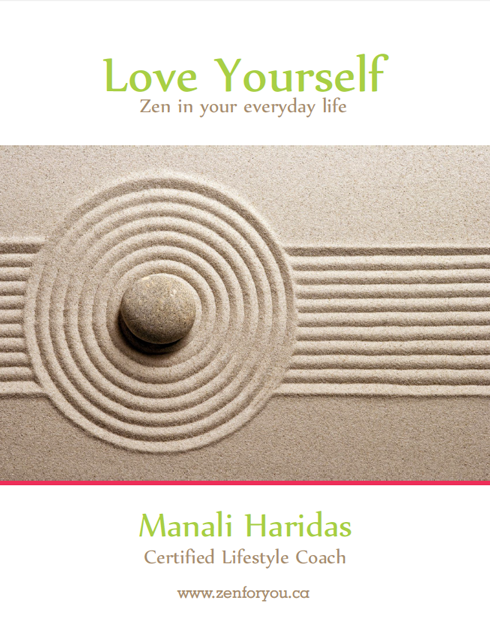Ever feel like you’re constantly running on empty, like you’re always putting everyone else’s needs before your own? Or maybe you find yourself saying “yes” when you really want to scream “no!”? If this sounds familiar, you’re not alone. We’ve all been there. But what if I told you there’s a way to reclaim your time, energy, and peace of mind? It’s all about setting healthy boundaries.
Why are Boundaries So Important, Anyway?
Think of boundaries as your personal force field. They’re the limits you set for yourself in relationships and situations, and they’re essential for protecting your well-being. Setting boundaries is a way of saying, “My time, energy, and feelings matter.” It’s about showing yourself respect and teaching others how to treat you. When you have clear boundaries, you create space for healthy relationships, reduce stress, and live a more authentic life.
What Happens When We Don’t Set Boundaries?
Without boundaries, we become like doormats. We let others walk all over us, and we end up feeling resentful, exhausted, and overwhelmed. We might find ourselves:
- People-pleasing: Constantly trying to make everyone happy, even at our own expense.
- Over-extending ourselves: Saying “yes” to everything, leading to burnout.
- Feeling resentful: Holding onto anger and frustration because our needs aren’t being met.
- Being taken advantage of: Letting others cross our limits without speaking up.
It’s like trying to fill a leaky bucket – no matter how much you pour in, it never stays full.
How Lack of Boundaries Affects Your Overall Energy
Beyond the emotional toll, failing to set boundaries can significantly impact your overall energy. When we consistently give without replenishing, our energy centers become imbalanced, leading to physical and emotional depletion. You might notice feelings of being ungrounded or insecure, emotional instability, a lack of personal power, difficulty connecting with others, or trouble expressing yourself. Essentially, when we ignore our own needs and constantly prioritize others, we create internal energy blockages that manifest as a general sense of being drained and out of sync.
Top 8 Steps to Setting Boundaries and Protecting Your Energy (Every Day!)
- Know Your Needs: Take some time to reflect on what’s important to you. What are your values? What drains your energy? What fills you up? Knowing your needs is the first step to setting effective boundaries.
Example: “I need 8 hours of sleep to function well.” or “I value quiet time in the evenings.”
Affirmation: “My needs are valid and important.” - Start Small: You don’t have to overhaul your entire life overnight. Begin by setting small boundaries in areas where you feel most comfortable. For example, maybe you decide to check your work emails only during specific hours.
Example: Instead of checking work emails all evening, decide to check them only once after dinner.
Affirmation: “I am taking small steps to protect my energy.” - Use “I” Statements: When communicating your boundaries, use “I” statements to express your feelings and needs without blaming others. For example, instead of saying, “You always interrupt me,” try saying, “I feel interrupted when I’m speaking, and I’d appreciate it if we could take turns.”
Example: Instead of saying, “You’re always late,” try, “I feel frustrated when I have to wait, and I’d appreciate it if we could be on time.”
Affirmation: “I communicate my needs clearly and respectfully.” - Practice Saying “No”: This can be tough, but it’s essential. You don’t have to give a long explanation. A simple “no” is perfectly acceptable. You can also say, “I’d love to help, but I don’t have the time right now.”
Example: “I’d love to help, but I don’t have the capacity right now.” or simply, “No, thank you.”
Affirmation: “It’s okay for me to say no.”
- Be Consistent: Once you set a boundary, stick to it. Don’t let others guilt you into changing your mind. Consistency shows others that you’re serious about respecting your limits.
Example: If you’ve said you won’t work on weekends, politely decline any work-related requests.
Affirmation: “I am consistent with my boundaries.” - Set Time Limits: If you find yourself spending too much time on certain tasks or with certain people, set time limits. For example, you might decide to limit social media time or set a timer for phone calls.
Example: “I’ll spend 30 minutes on social media, then I’m going to read a book.” or “I’ll only take calls from work between 9 AM and 5 PM.”
Affirmation: “I manage my time wisely.” - Prioritize Self-Care: Setting boundaries is a form of self-care. Make sure you’re taking care of your physical and emotional needs. This might include getting enough sleep, eating healthy, and engaging in activities you enjoy.
Example: Schedule time for activities you enjoy, like taking a bath, going for a walk, or reading a book.
Affirmation: “I deserve to take care of myself.”
- Don’t Apologize for Your Boundaries: You have a right to protect your time and energy. You don’t need to apologize for setting boundaries.
Example: If you say no to a request, don’t follow it up with a long, apologetic explanation.
Affirmation: “I am confident in my boundaries.”
You’re Worth It!
Setting boundaries is an act of self-love. It’s about honoring your needs and creating a life that feels balanced and fulfilling. It might feel uncomfortable at first, but with practice, it will become easier. Remember, you deserve to have your time and energy respected. You deserve to feel good.Building healthy boundaries is a journey, not a destination. Be patient with yourself, and celebrate your progress along the way. You’re taking steps to create a happier, healthier you. And remember, you’re not alone. We’re all in this together.
Love and light,
Manali



 Welcome!
Welcome!